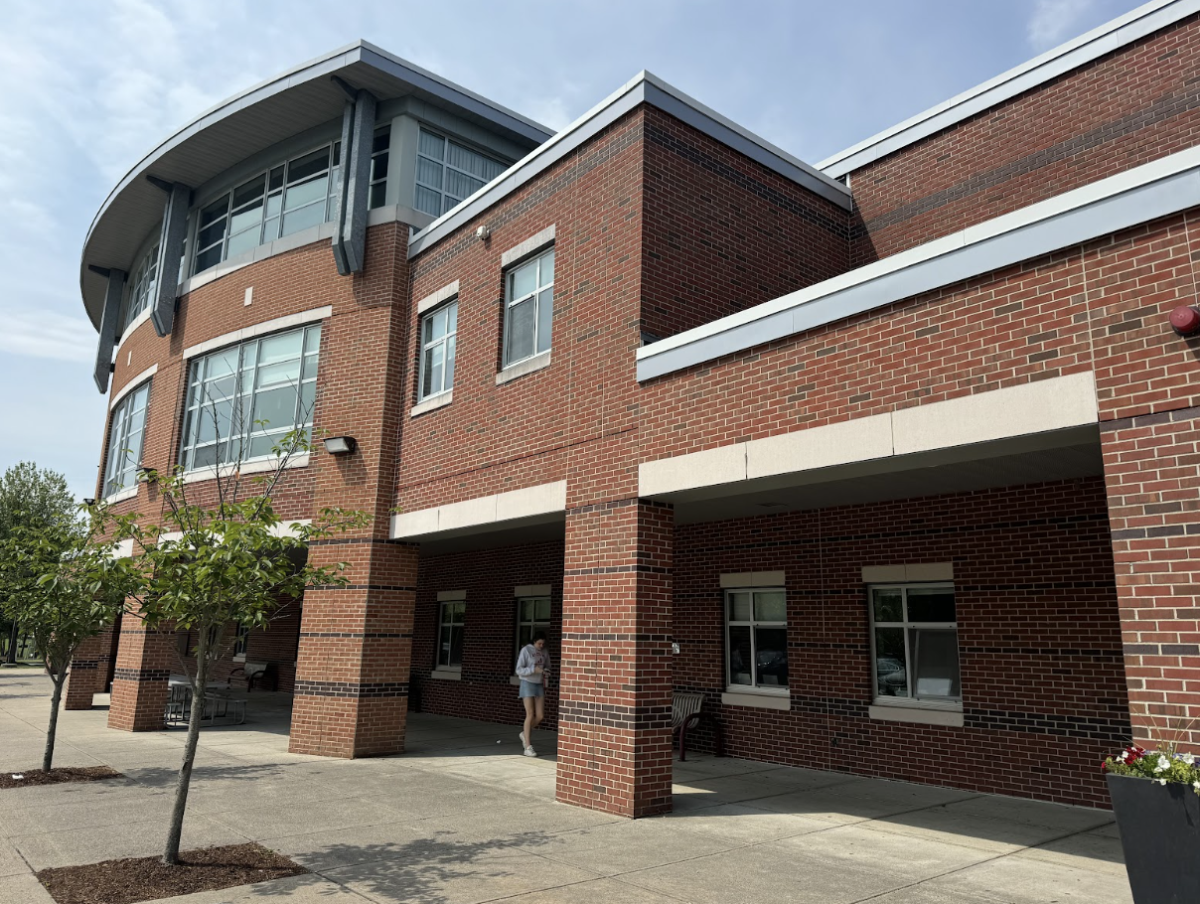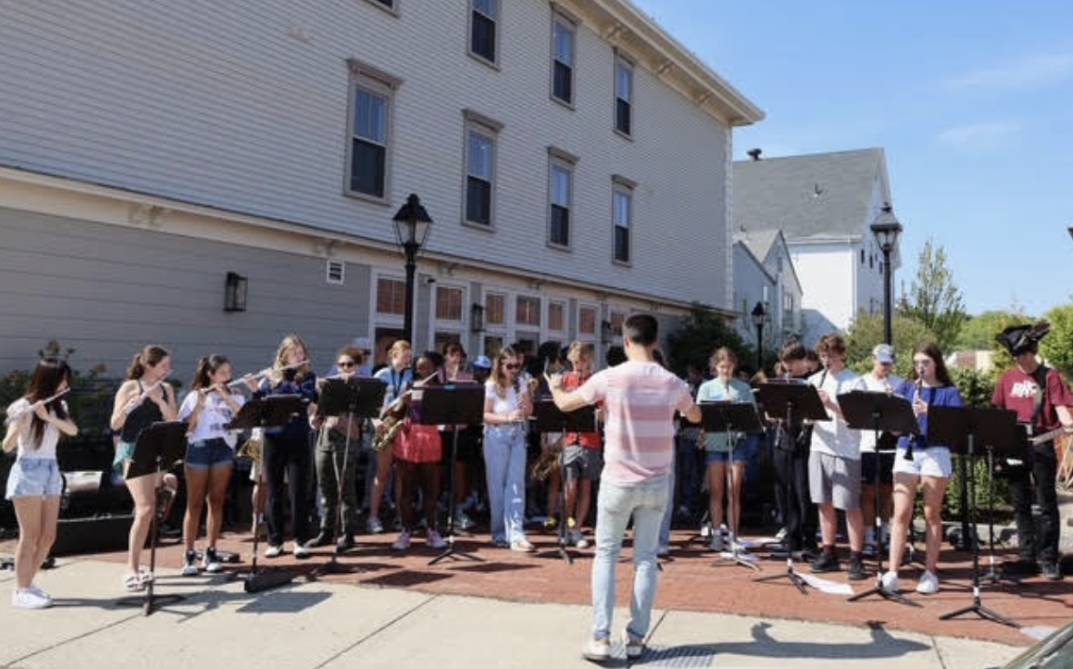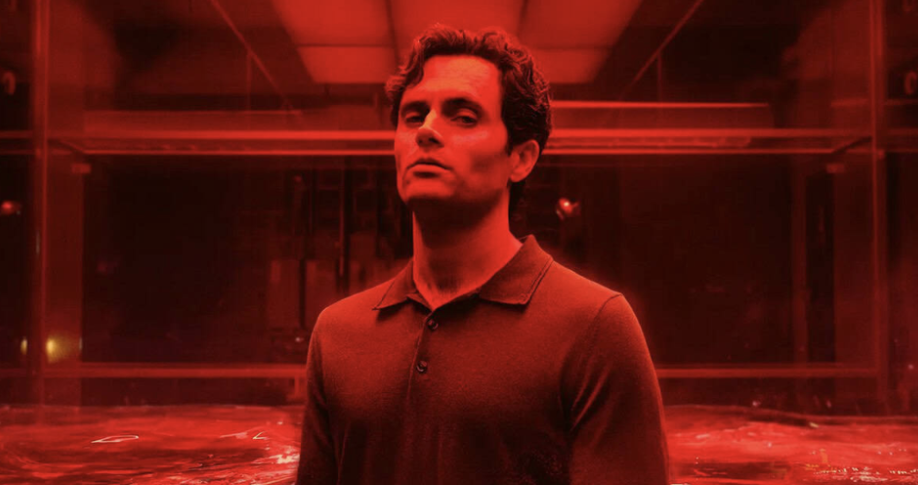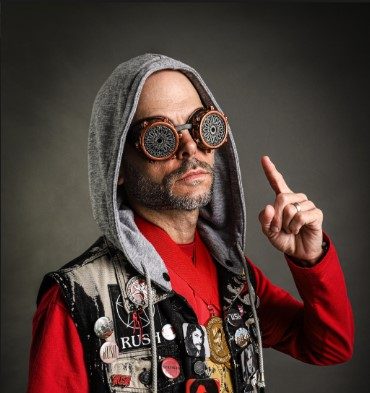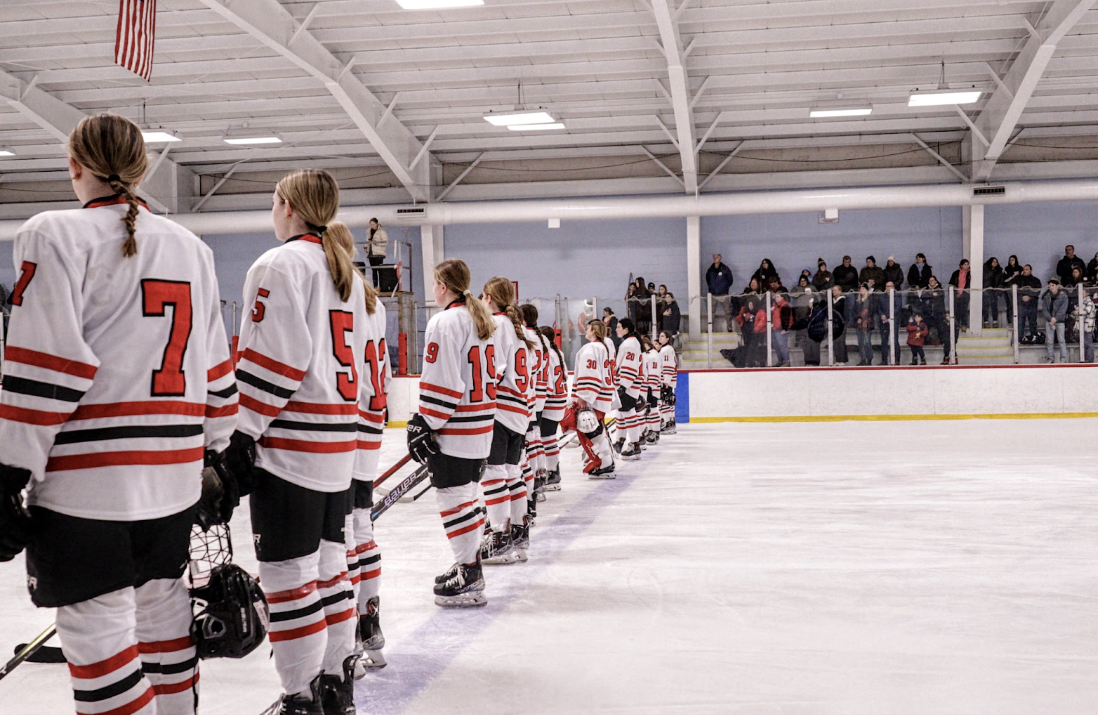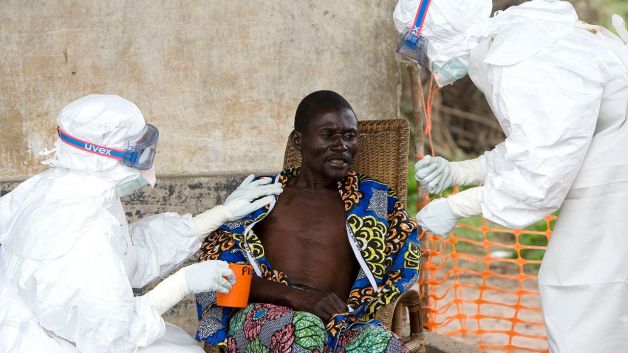Ebola Crisis
Healthcare workers check an African man for Ebola.
September 28, 2014
Number of cases is predicted to reach 1.4 million by January. Doctors attempting to help end up catching the disease, and healthcare workers, dressed in full body suits, have been attacked. How can the mass Ebola outbreak in Africa be contained? How did it start?
This recent outbreak, the greatest in history, originated in Guinea and has been rapidly spreading across Africa. The disease is transmitted to humans through contact with wild animals.
Typically, swift isolation of the disease has prevented its spread from remote, rural areas. Many feel that slow action on the part of the World Health Organization (WHO) to diagnose patients allowed the disease to spread unrestricted. Additional factors contributing to the alarmingly high rate of Ebola include population mobility, poor healthcare systems and sanitation, congested urban areas, and distrust in authority that has built up indifference to the advice of professional health workers. Additionally, the local religious customs of African cultural groups, such as burial ceremonies that include touching the dead body, have been blamed for the infections.
According to The Guardian, 1 in 10 emergency health care workers become infected; the body suits, as tight as they are, simply do not cover enough, and Ebola vaccinations are not common. As more and more healthcare staff become infected, Africa’s already fragile healthcare system has failed to function effectively. Hospitals lack infection control methods such as proper hygiene and isolation centers.
In early September, a team trying to educate locals on the risks of Ebola was killed. According to NBC news, “The killings are an example of what aid officials have been saying: the Ebola epidemic is disrupting not only public health but society in general.
WHO Director-General Dr. Margaret Chan told the UN, “This is not just an outbreak. This is not just a public health crisis. This is a social crisis, a humanitarian crisis, an economic crisis, and a threat to national security well beyond the outbreak zones.”
The country of Sierra Leone is currently on lockdown as volunteers go from home to home, searching for helpless victims and providing soap to try and curb further outbreaks.
American doctors who have been exposed to the disease are currently being treated. Dr. Richard Sacra of Holden is one of four health-care workers evacuated from Liberia after being infected. Sacra is cleared of the disease, just released from Nebraska Medical Center. He worked as a medical missionary for SIM for fifteen years in Liberia, and when he heard about the Ebola crisis, he felt “a sense of obligation, a sense of desire to serve a group of people that I feel connected to. I think we all do have that human instinct that says: ‘I can’t leave somebody who’s in need. I have to help’” (Boston Globe). Sacra added that, “there’s the human side of me that’s afraid, but I had also thought this through before going.”
President Obama recently insisted, “People are not putting in enough resources necessary to stop this epidemic,” and called the road to ending this kind of disaster “a marathon that has to be run like a sprint.” Obama called upon every nation to “chip in” and try and end the crisis.






